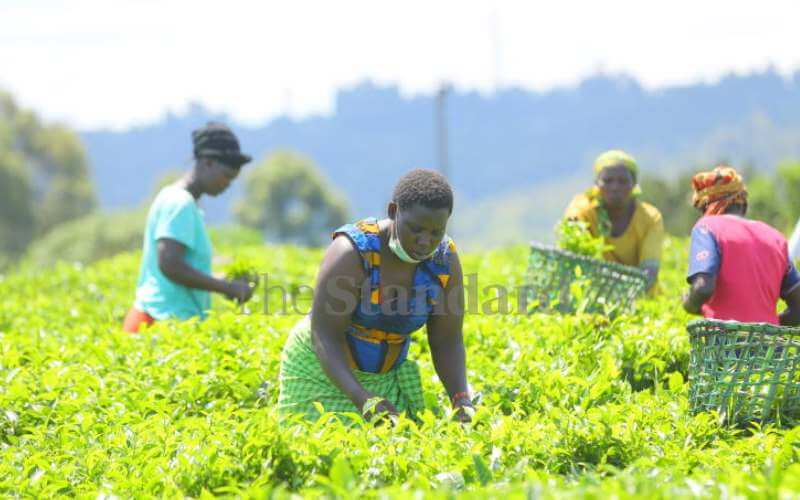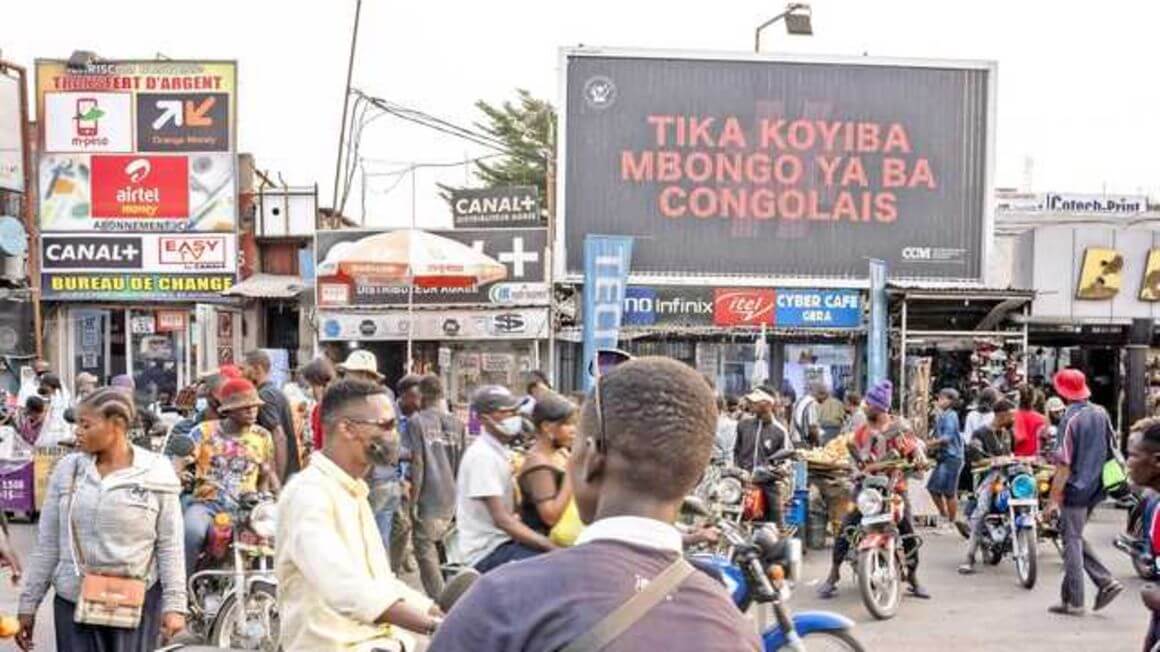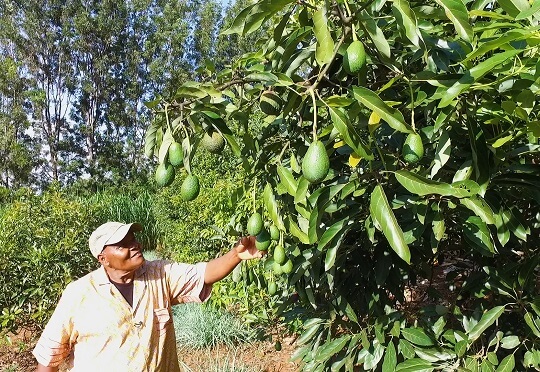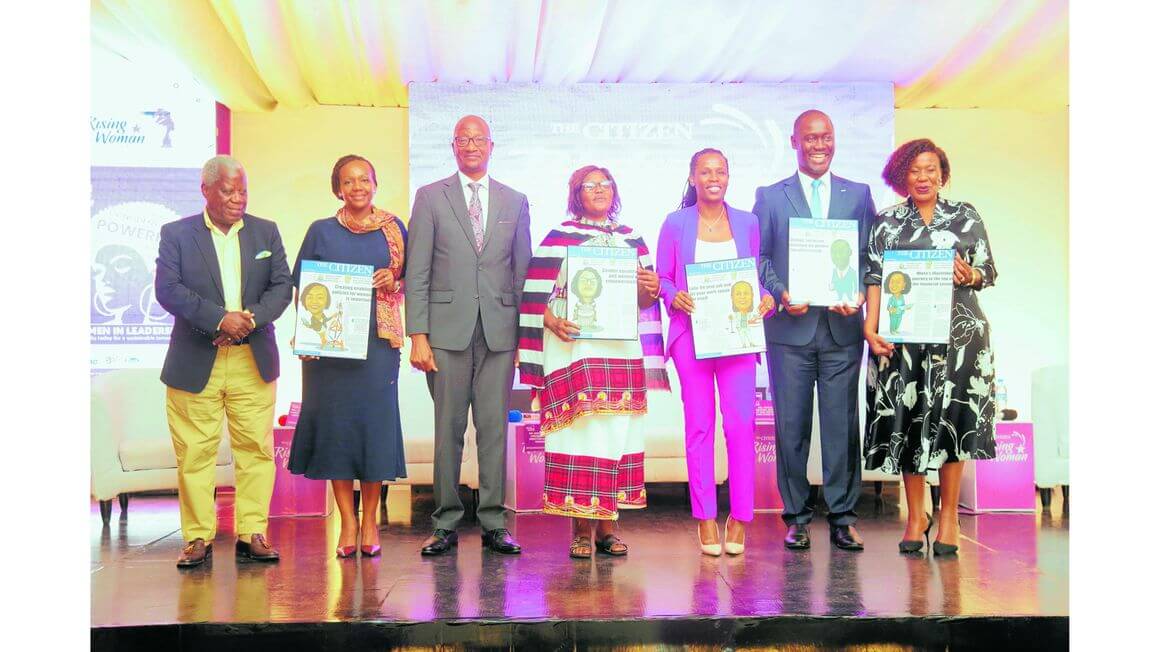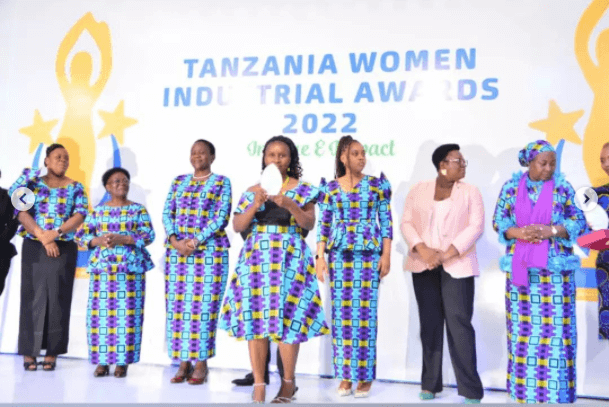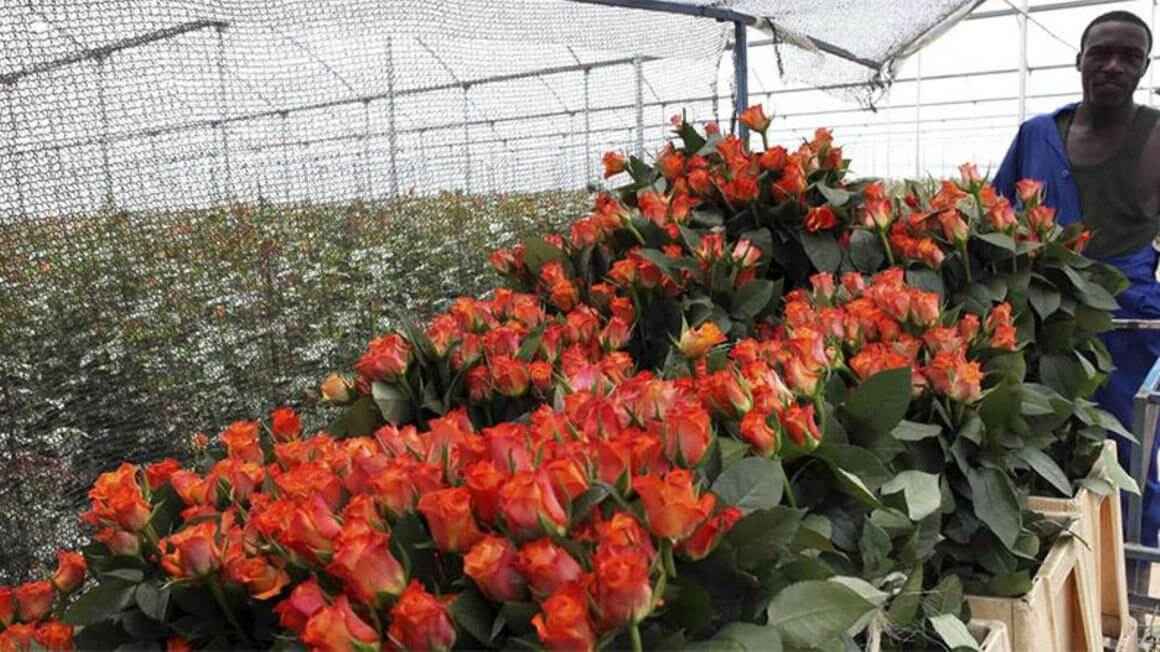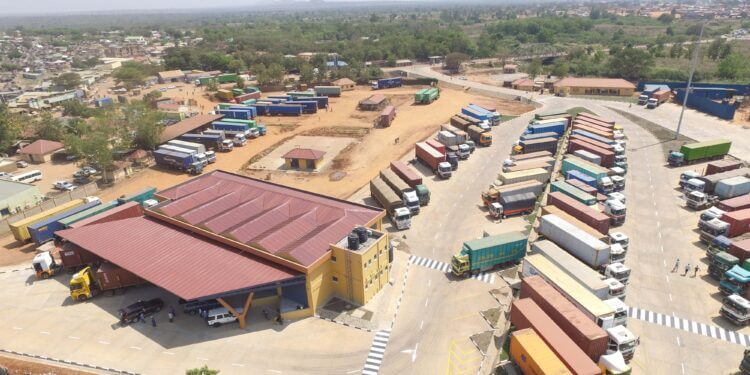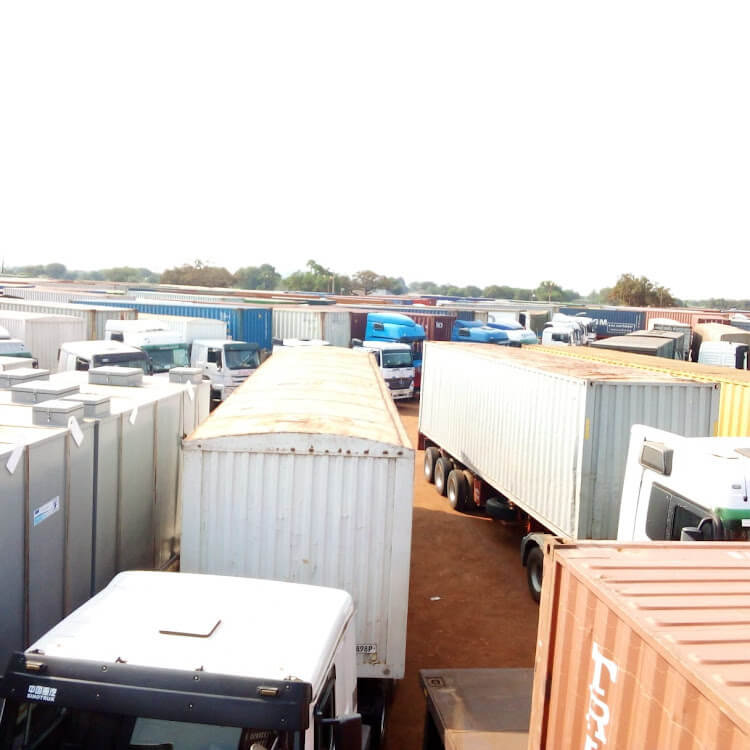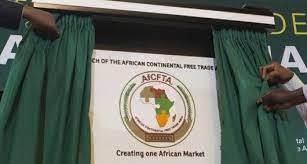The Mombasa Tea Auction has been fully automated to boost efficiency and transparency. East Africa Tea Trade Association (EATTA), which runs the auction said that the new Integrated Tea Trading System (iTTS) costs Sh230 million. The automation was funded by the Danish International Development Agency (Danida) through Trade Mark East Africa, said EATTA chairman Arthur Sewe. Mr Sewe said automation of the auction will reduce the period in the tea trading cycle as well as direct costs associated with the auction process. The iTTS project automated the manual processes along the tea value chain and stakeholders hope it will enhance tea volumes traded at the auction and productivity. He said iTTS will ensure availability and access to tea trade data in a timely, reliable, accurate and verifiable manner. “When fully implemented, iTTS will significantly reduce the need for physical presence or representation. It will simplify the tea trading process, reducing, among other things, the learning curve for new entrants into the tea sector and streamlining of processes,” Mr Sewe said. He noted that automation will contribute to an increase in the income of farmers even in the event that prices remain constant. Mr Sewe explained that the digital platform will enable tea packers to effectively participate in the auction and enhance the opportunities for marketing and selling value-added teas. KTDA board chairman David Ichoho expressed hope that smallholder farmers will gain following the automation of the auction. [Sammy Omingo, Standard] “iTTS will increase the volumes of tea sold at the auction....
Automated tea auction will boost earnings, ensure transparency
Posted on: April 19, 2022
Posted on: April 19, 2022

